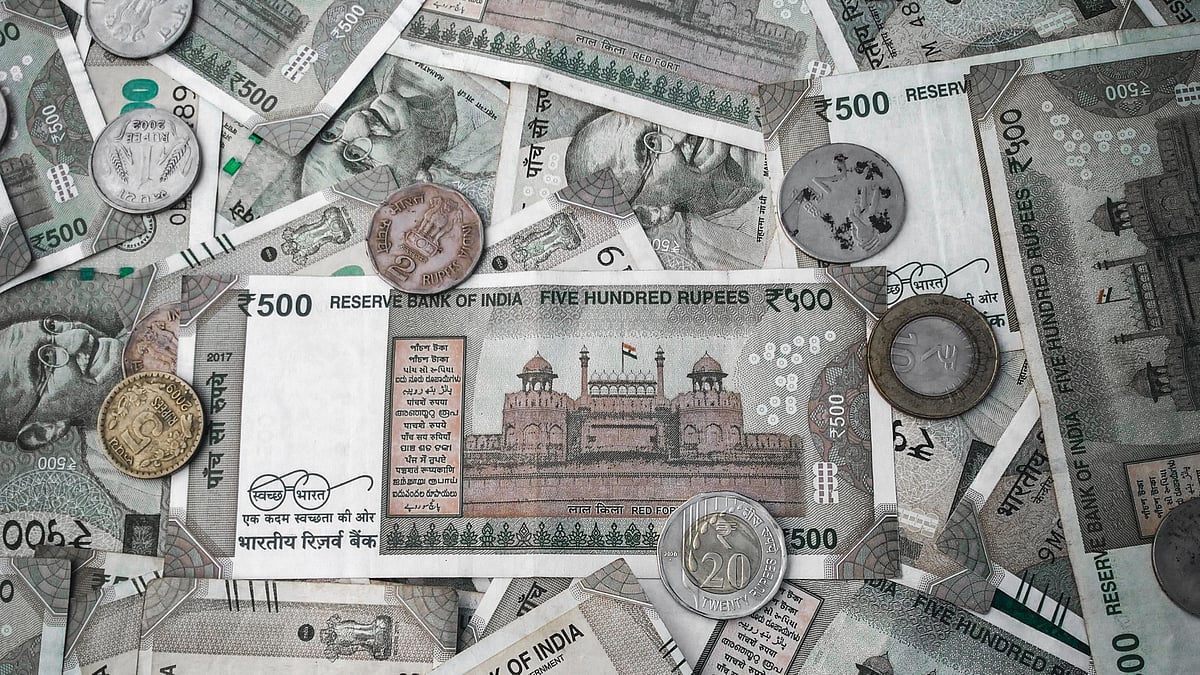IMF calls India’s cash transfer through PMJDY a marvel, let’s check how successful it has been
The IMF feels that benefits of the scheme reaching hundreds of millions across India is a logistical achievement.

The scheme has reached 46 crore people across India. |
In a world hit by war, rising inflation and an energy crisis that have spelt doom for the global economy, the IMF has termed India a bright spot despite cutting its growth forecast to 6.8 per cent from 7.5 per cent. Among other things that caught the monetary body’s eye, are direct cash transfers under schemes such as the Pradhan Mantri Jan Dhan Yojana launched in 2014. Eight years later, the programme has covered more than 46 crore Indians and the cash infusion has been described as a logistical marvel by IMF.
Aadhar also hailed by the IMF
The scheme has completed eight years, and offers people overdraft facilities of up to Rs 10,000 crore, in a country where 20 per cent people still don’t have bank accounts. The IMF also hailed the Aadhar initiative, launched in 2010, for facilitating unique identification of citizens and verification process. Earlier a paper by IMF’s regional executive director and India’s former chief economic advisor, had praised India for keeping extreme poverty under 1 per cent during the pandemic.
Loopholes that need to be plugged
Although the PMJDY has been hailed for potentially seeding a microfinance culture across rural India, banks are finding it hard to make accounts under the scheme financially viable. The reason is that despite being managed digitally, the human intervention and other tasks drive up costs of handling one account to Rs 3,500, while the deposit in each of them is Rs 3,000. Although the deposits might later go up to Rs 6,000, that’ll still take time.
Another issue is that while PMJDY accounts are reaching a rising number of people, there has been duplication of accounts, which has left 18 per cent of them inactive. Beneficiaries also received Rupay cards, but due to lack of digital literacy in rural India, people haven’t been able to renew debit cards or benefit from e-banking, despite having mobile connectivity.
As for the much talked about Aadhar card, even after more than a decade, data security remains a key issue. The most recent example of this is an Aadhar data leak this year, through the PM-Kisan agency, wich exposed information of more than 10 crore Indian farmers.
Praised for the scale
But despite these shortcomings, the IMF’s praise for the direct cash transfer and unique identification initiatives in India, is directed at the scale of the projects. It’s been described as a marvel since the benefits had to be transferred hundreds of millions of people.
RECENT STORIES
-
-
-
-
-